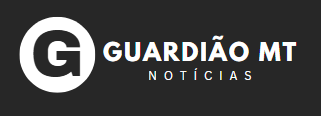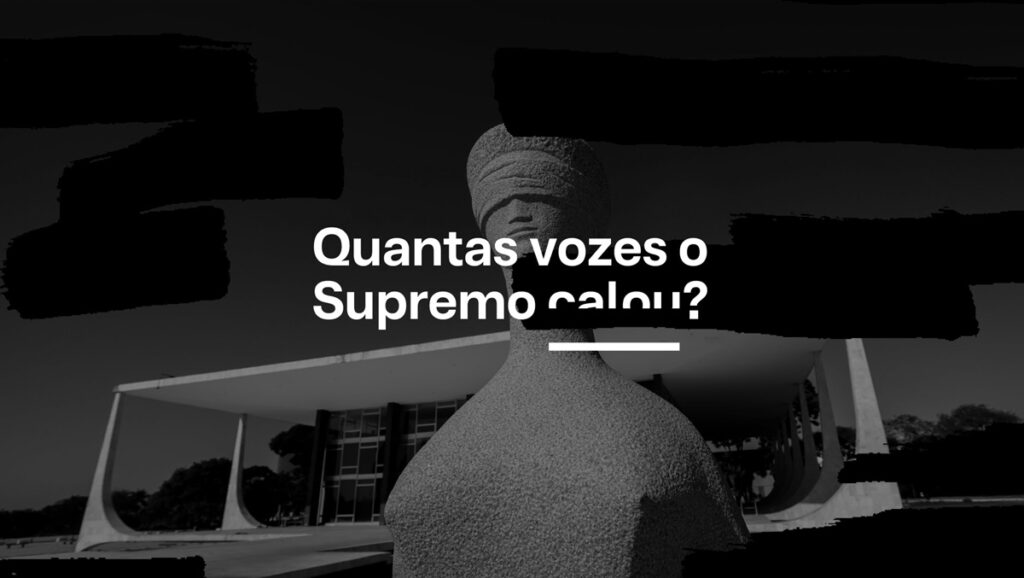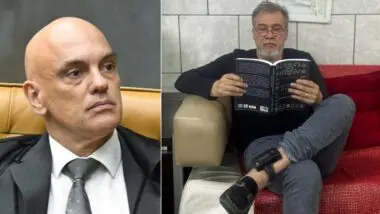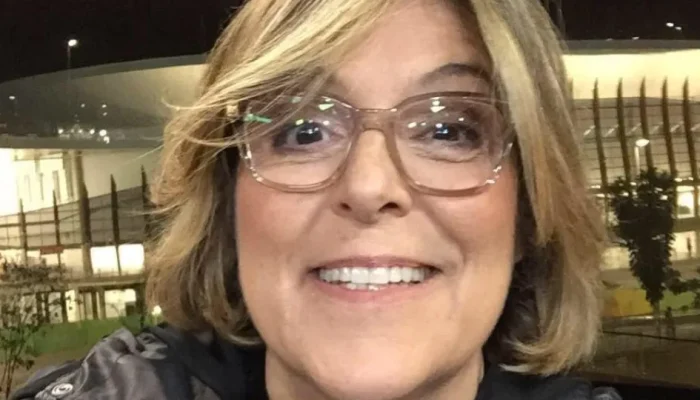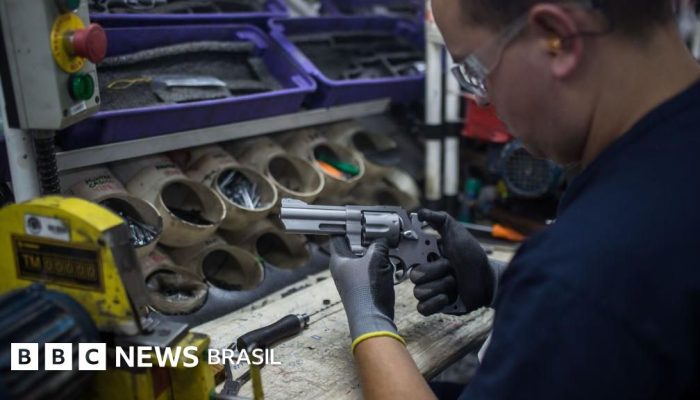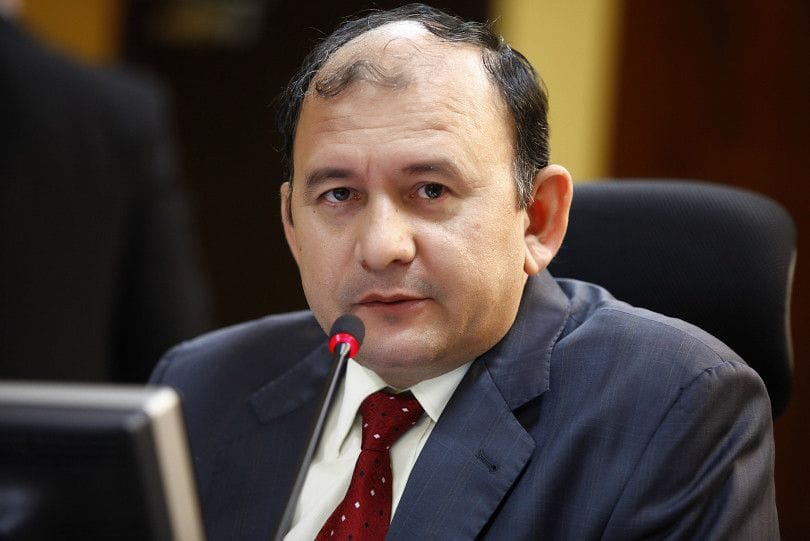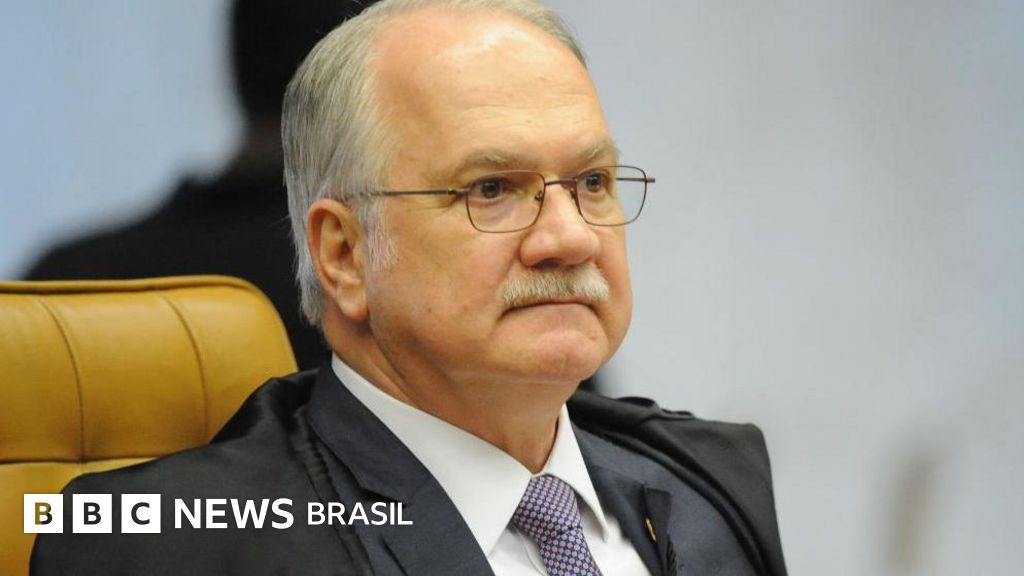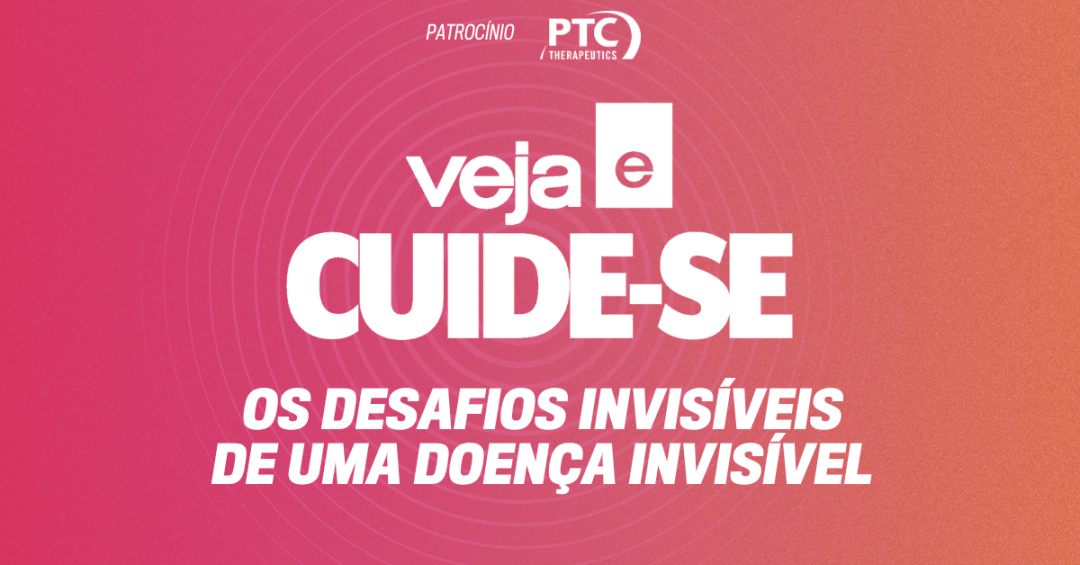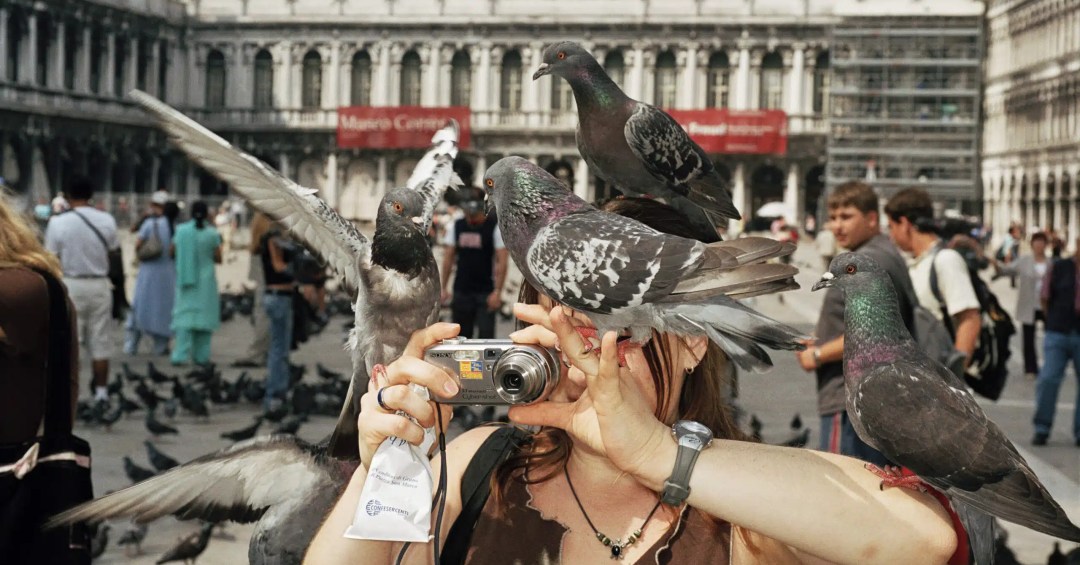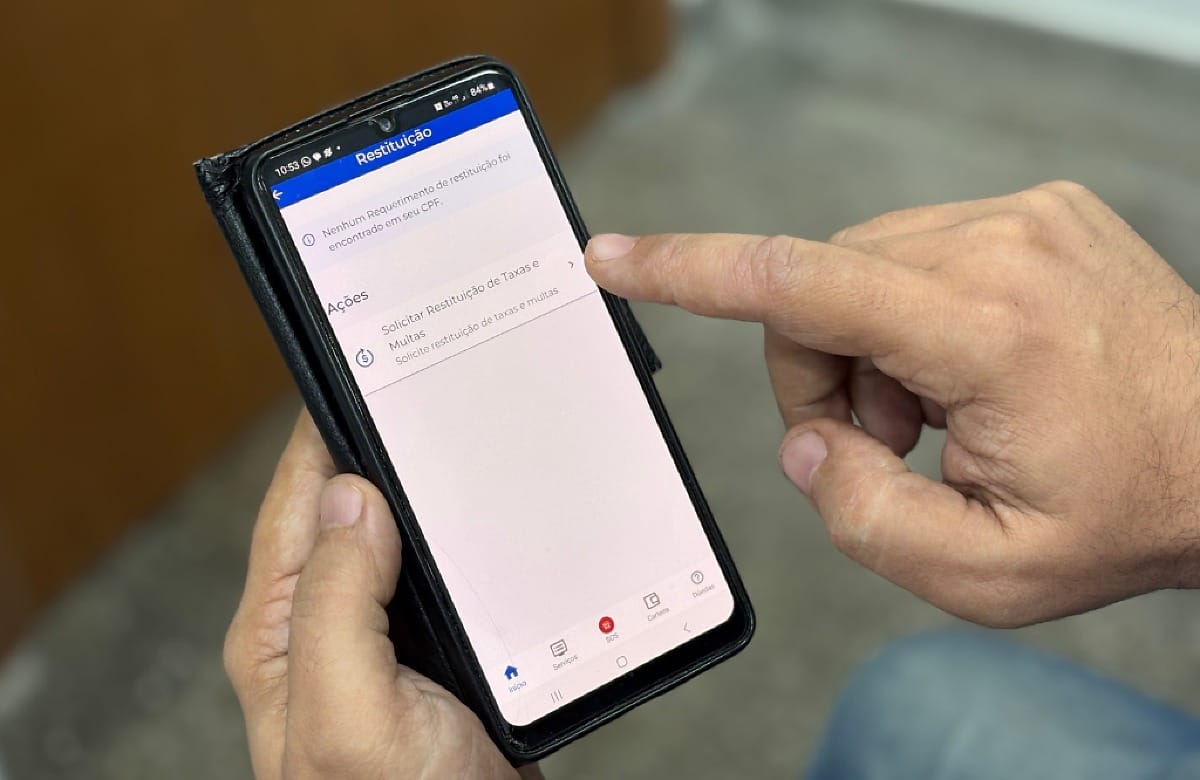(This is an English version of the text originally published by Gazeta do Povo on Saturday, September 8th, 2025)
It is impossible to know how many people have been targets of censorship in Brazil by the Federal Supreme Court (STF) and the Superior Electoral Court (TSE) in recent years. Requests regarding the number of blocked social media accounts, made by Gazeta do Povo to the STF about a month ago, went unanswered by both the press channels and the Access to Information Law (LAI) system. The numbers have never been officially released by the Judiciary.
“Any public body has a duty to report acts that affect individuals’ legal rights, especially when these constitute censorship. This duty to inform is a prerequisite for exercising the fundamental right to defense. Therefore, the fact that the STF does not inform and does not respond to press inquiries constitutes something unacceptable,” states Luiz Guilherme Marinoni, a professor at the Federal University of Paraná (UFPR) with post-doctorates from Columbia Law School and the University of Milan, Italy.
In March 2019, the then-president of the STF, Dias Toffoli, opened Inquiry 4.781 – known as the “fake news inquiry” or “doomsday inquiry” – and assigned it to Justice Alexandre de Moraes. The following month, Moraes censored a report by Crusoé magazine that identified Toffoli as being mentioned as “friend of my father’s friend” in a document obtained by the Lava-Jato anti-corruption probe.
This was the starting point for an escalation of censorship in Brazil. Since then, accounts of journalists, Congressmen, digital influencers, and ordinary citizens have been blocked on social media; people accused in cases where the STF is the alleged victim have been barred from giving interviews; media outlets have been subjected to prior censorship; and critics of the STF have become targets of relentless judicial persecution.
In response to the request made through LAI about the total number of social media accounts taken down, the STF Ombudsman stated that it did not have consolidated data on these decisions and recommended that Gazeta do Povo search by keywords on the STF’s jurisprudence search page. It also sent a list of public cases that have had decisions or rulings since 2019 which include at least one of the following terms in the observations field: “social media,” “Twitter,” “Facebook,” “Instagram,” or “YouTube.” A large portion of the censorship decisions made since 2019, however, occurred through confidential proceedings. Considering that many rulings related to censorship are not available in this public database, the suggested search work cannot arrive at the real number of profiles taken down.
Today, it is widely known that hundreds of profiles have been suspended by the Judiciary based only on reports produced by the X platform, news reports on judicial censorship decisions, and testimonies from victims. As there is no reliable consolidated data, the number of censored individuals could be in the thousands. In an interview with Gazeta do Povo, Eduardo Tagliaferro, former advisor to Moraes, mentioned research conducted in his office when he still worked at the TSE, which reached a total of three to four thousand profiles suspended by STF decisions, in an “imprecise” count, with the possibility of being “many more.”
Maíra Miranda, who holds a Ph.D. in Human Rights from the University of Salamanca, explains that judicial decisions must be public, and that secrecy can only be adopted in exceptional situations – even more so when it involves restrictions on fundamental rights, such as freedom of expression, which are of evident public interest. Even if the legality of secrecy in certain cases is admitted, Resolution 215/2015 of the National Council of Justice (CNJ) determines that information such as the existence of the process, its numbering, and the names of the parties cannot be indefinitely hidden.
For Maíra, there is a clear violation of the principle of accountability and the requirement of transparency by the STF in the various inquiries since 2019. Furthermore, when there is a formal request for information – as Gazeta do Povo did – the Supreme Court has a duty to respond and justify any refusal.
“It is not justifiable to omit the list of people who suffered restrictions on their freedom of expression, because, even if it were a legal hypothesis for secrecy (which I do not see as being the case), such data could only be temporarily preserved, and not indefinitely, as has been happening since 2019,” she explains. “The risk of trivializing secrecy is precisely that of compromising democracy, as freedom of expression is one of its pillars. The rule of accountability serves, among other purposes, to allow for social control and oversight of the Judiciary’s actions, to prevent abuses.”
André Marsiglia, a lawyer specializing in freedom of expression, raises a worrying hypothesis: the STF itself may have lost control of the extent of censorship practiced. “I have doubts whether this secrecy is because they have a number and keep it confidential, or because they don’t even have that number,” he says.
Secrecy also prevents an independent survey from reaching a precise number of censored individuals. Often, not even the lawyers of the investigated parties have access to the case files. When, in 2024, X (formerly Twitter) decided to make public a report on decisions by the Brazilian Justice that took down profiles and posts on social media – according to the platform, there are more than 200 censored individuals – some targets of censorship finally had confirmation that they had been silenced by the Judiciary, and not by the company.
“Procedural secrecy is for the general public, not for those involved in the process. We are facing secrecy that encompasses the parties and the lawyers. In other words, it is not even secrecy – I would call it a secret act. We are dealing with secret judicial cases, and they are forbidden by our Constitution. This brings us close to totalitarian regimes,” comments Marsiglia.
It is also impossible to measure the impact of self-censorship. At Gazeta do Povo, reporters report difficulties in speaking openly with sources, especially legal scholars, who avoid commenting on STF decisions for fear of reprisal. Even those who still speak publicly choose their words carefully, aware that criticizing the Court’s actions can be costly.
For Pedro Moreira, a doctor in Philosophy of Law from the Autonomous University of Madrid, “the risk of trivializing the limits of freedom of expression is the risk of living in a restricted and administered society.” “And note the obvious contradiction: citizens are not granted the freedom to speak against the regime, to complain about the TSE, or even to doubt democracy, but the judge – the same judge who restricts – is granted the freedom to comment outside the case files, to make rulings with vulgar exclamations, to give endless lectures, to discuss high politics, to supply the press with leaked messages. Now, that is a freedom that the judge should not have,” he says.
Restricting Freedom of Expression Is Possible, but STF’s Conduct Is Unjustifiable and Typical of Dictatorships, Say Legal Scholars
It has become a refrain of STF justices in recent years that freedom of expression has limits – and that it must always yield when there is a risk to democratic institutions. Legal scholars interviewed by Gazeta do Povo observe that legislation indeed admits exceptions in extreme situations, but affirm that the STF went far beyond any constitutional parameter and pushed the country into a scenario characteristic of authoritarian regimes.
“It is possible to prohibit someone from speaking to prevent violation of personality rights or to prevent acts of public violence. However, one cannot deny people the right to speak about social and political facts, that is, those concerning the functioning of the world, life in society, and politics,” states Luiz Guilherme Marinoni.
For him, preventing someone from expressing their position on a fundamental right “is an act of violence against freedoms and, frankly, a censorship that violates democratic pluralism itself.” “Prohibiting someone from speaking about affirmative action, same-sex marriage, abortion, euthanasia, etc., is an abominable act of violence. Suspending social accounts whose holders express themselves on general facts based on their worldviews constitutes a device of regimes intolerant of differences.”
The legal scholar cites the case of former state deputy Homero Marchese, from Paraná, as emblematic of the STF’s lack of limits: even without being formally investigated, his social media accounts were suspended without the right to defense; later, when he obtained compensation for moral damages in court, Moraes overturned the decision and ordered an investigation into the judge who favored him. Throughout the entire process, Marchese did not know the reason why he had been censored. It was only with the Folha de S. Paulo newspaper’s exposé on Moraes’s parallel office at the TSE that the former deputy discovered that a repost of third-party content had been the reason for his suspension.
“When [Marchese] hired a lawyer to defend himself, he had great difficulty finding the reasons why he was being censored. No one in the STF informed or knew how to inform anything. In fact, access to the process was denied. It should be noted that a constitutional court, according to a recent observation by the Venice Commission (European Commission for Democracy through Law) regarding the actions of the Spanish Court, must avoid the practice of executive acts to impose constitutional decisions, so that a court that investigates and censors ex officio, with the aid of a ‘private executive apparatus’ and without giving any information to people, is much closer to a police station from General Franco’s era than to a constitutional court,” criticizes Marinoni.
For Maíra Miranda, “there is a big difference between limiting a specific post and suspending an account entirely.” “When a person has their social media account suspended, they are prevented, beforehand, from expressing themselves on any subject, including the most superficial and trivial ones, which would not be subject to any questioning about their legality. It is even more serious when it happens to parliamentarians, who represent a significant portion of the population, and are prevented from representing them.”
Legal scholars also consider inadmissible, under any reading of the Constitution, the recent prohibitions on interviews with individuals investigated in the processes related to January 8th, as in the case of former Presidency advisor Filipe Martins. “Besides constituting a denial of the very right to defense and the right to freedom of expression, it lacks rational justification or anchoring in democratic values,” says Marinoni.
For Pedro Moreira, it is no longer possible to evaluate the issue of freedom of expression as if we were in a normal regime. “When a judge acts with an objective that is above the parties, the process, the procedure and, I would say, above the Law, these things truly lose their importance. And the paradox is the following: if there is no proper formal process, if due process of law is defective, if the limits of the rules are no longer respected, why do we need a judge? The judge exists precisely because these values exist before him and above him. If none of that matters, then we no longer need judges. Let’s think of other people to occupy these positions.”
Fonte. Gazeta do Povo
